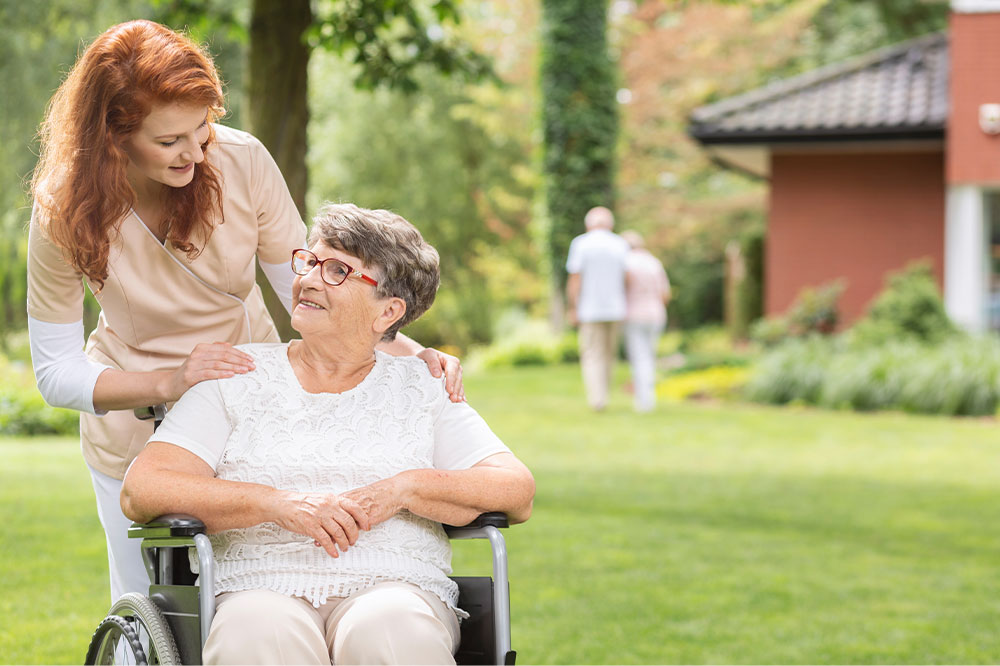Recognizing When Your Elderly Parent Needs Assisted Living Support: Key Signs and Considerations
This comprehensive guide highlights key signs indicating when elderly parents may need assisted living support. It covers difficulties with daily activities, safety concerns, and memory decline, helping families make informed decisions to ensure their loved ones' well-being and safety. Recognizing these indicators early can prevent accidents and health deterioration, offering peace of mind for caregivers and loved ones alike.

Recognizing When Your Elderly Parent Needs Assisted Living Support: Key Signs and Considerations
The well-being and safety of aging parents are paramount concerns for their children, whether they live nearby or independently elsewhere. As parents age, it becomes crucial to detect subtle signs that might indicate the need for additional support through assisted living arrangements. This proactive approach ensures your loved ones receive the necessary care and maintain a high quality of life. Understanding the indicators can make the difficult decision of transitioning your parent into assisted living smoother and less stressful.
Many seniors tend to hide their struggles due to fear of losing independence, dignity, or comfort in their daily routines. As a result, it often falls to family members to observe behavioral changes or physical signs that may indicate the need for professional assistance. Recognizing these signs early can prevent accidents, health deterioration, and emotional distress, ultimately ensuring your parent’s safety and happiness. Below, we explore comprehensive indicators that highlight when it's time to consider assisted living options for your elderly loved one.
Challenges in Performing Daily Activities
One of the most noticeable signs that your aging parent requires additional support is their difficulty with everyday routines. Tasks such as dressing, bathing, preparing meals, grocery shopping, managing household chores, paying bills, or administering medications can become increasingly demanding with age. If you observe that your parent is struggling with these activities or neglects them altogether, it may be time to assess their ability to continue living independently.
For example, forgetfulness in medication schedules, skipping meals, or neglecting personal hygiene are critical red flags. These issues may seem minor initially but can develop into serious health risks if left unaddressed. An assisted living community offers assistance with these daily activities, ensuring your loved ones receive proper care without compromising their dignity.
Emerging Safety Concerns
Safety is a primary concern for elderly individuals living alone. Mobility issues, balance problems, and frequent falls are common indicators that your parent’s environment might pose hazards. Difficulty rising from chairs or beds, trouble navigating stairs, or experiencing dizziness can increase the risk of accidents. Additionally, challenges in managing medications—such as missing doses or taking incorrect amounts—can lead to health complications.
Other safety-related signs include forgetfulness about turning off appliances, leaving doors or windows unlocked, or inability to operate household devices. These concerns can be mitigated by moving your parent into an assisted living facility, which provides a safer environment with trained staff available to address emergencies promptly.
Memory Loss and Cognitive Decline
Memory problems are among the most noticeable signs of aging-related health issues. Do your parents forget important appointments, medications, or daily routines? Are they becoming increasingly confused about time, place, or personal details? For some, forgetfulness may lead to wandering away from home or getting lost, which poses serious safety risks.
Recognizing early cognitive decline allows for timely intervention. Assisted living communities often provide structured environments designed to support residents with memory impairments. This specialized care can help manage dementia or Alzheimer’s disease, providing peace of mind for family members while ensuring your loved ones are cared for in a safe, supportive setting.
Deciding when to transition a parent into assisted living can be emotionally challenging. However, overlooking these warning signs may inadvertently endanger their health and safety. Taking a proactive approach by paying attention to behavioral and physical changes helps you make informed decisions that prioritize their well-being. Assisted living facilities offer a comprehensive solution that balances independence with necessary support, fostering dignity and comfort for your elderly loved one.





